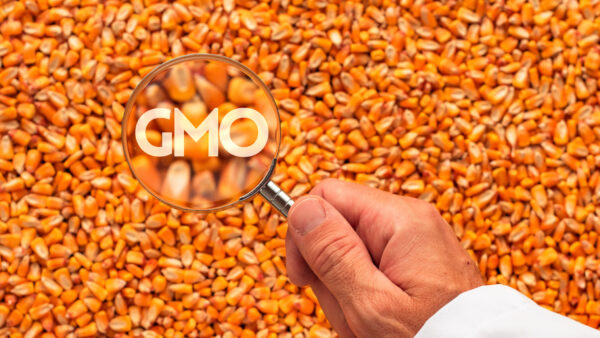Researchers from Penn State’s College of Agricultural Sciences reveal that labels on products that notify consumers of ingredients from genetically engineered (GE) plants could reduce sales in a new study.
The study examined Vermont sales trend data from InfoScan following The National Bioengineered Food Disclosure Standard going into effect. The law is the sole mandatory statewide GE labeling policy implemented in the U.S., according to a release.
The team discovered after the law was put into effect, food sales for products that contained GE ingredients fell 5.9%. Simultaneously, sales for products without GE ingredients rose by 2.5%, and organic product sales increased by 1.7%.
“We know that GE products are safe, but many are concerned that mandatory labeling would lead to people rejecting these products and increased problems with food insecurity,” said Linlin Fan, assistant professor of agricultural economics at Penn State. “While we did see a small decrease in sales, it wasn’t a large effect, and we also found that attitudes about GE products improved over time.”
The law went into effect in the U.S. on Jan. 1, 2022, defining GE foods as those “that contain detectable genetic material that has been modified through certain lab techniques and cannot be created through conventional breeding or found in nature.”
Traditionally, many food manufacturers have opposed such laws on the basis that the labels could damage the sales of GE products, according to Fan.
“While studies have consistently found that GE products are safe to eat, about 50% of U.S. consumers believe that GE and GMO products are worse for their health than non-GE products,” she said. “We wanted to analyze the effects of Vermont’s mandatory labeling law as a case study to see how the new nationwide law may affect sales of GE products.”
In the study, the team compared Vermont data from 2016 following the state implemented Act 120 with Oregon and Washington — two states that almost passed a statewide mandatory GE labeling law.
The data compiled sales records of canned soups with GE labels, sales trends of organic products and products with the label “non-GMO.” Researchers discovered the sales of foods labeled GE decreased while the law was active, yet the trend reversed when the law was repealed.
“Once the law was no longer in effect, sales of GE-labeled products actually increased by 6%, suggesting improved attitudes toward GE products over time,” Fan said. “This could be because people became more familiar and comfortable with these products.”
While more research is necessary to know the impacts of the National Bioengineered Food Disclosure Standard on GE product sales, the effects could be smaller than what the study suggested, Fan believes.
“The law in Vermont was stricter than the new policy enacted earlier this year. Vermont required products containing at least point nine percent of GE ingredients to have a disclaimer. The new national law has a higher cut off of 5%. Additionally, the Vermont law required a written disclaimer on the label, but with the federal law, there are other options like a smart label that you scan with your phone,” she concluded.
Read More:
Corteva Agriscience Endorses the Framework for Responsible Use of Gene Editing in Agriculture
New Gene Editing Regulations Knock Down Doors for England
Breaking News: India Issues Ruling Favorable to Gene Editing
UK Parliament Approves Statutory Instrument Making Gene Editing Trials Easier to Conduct












